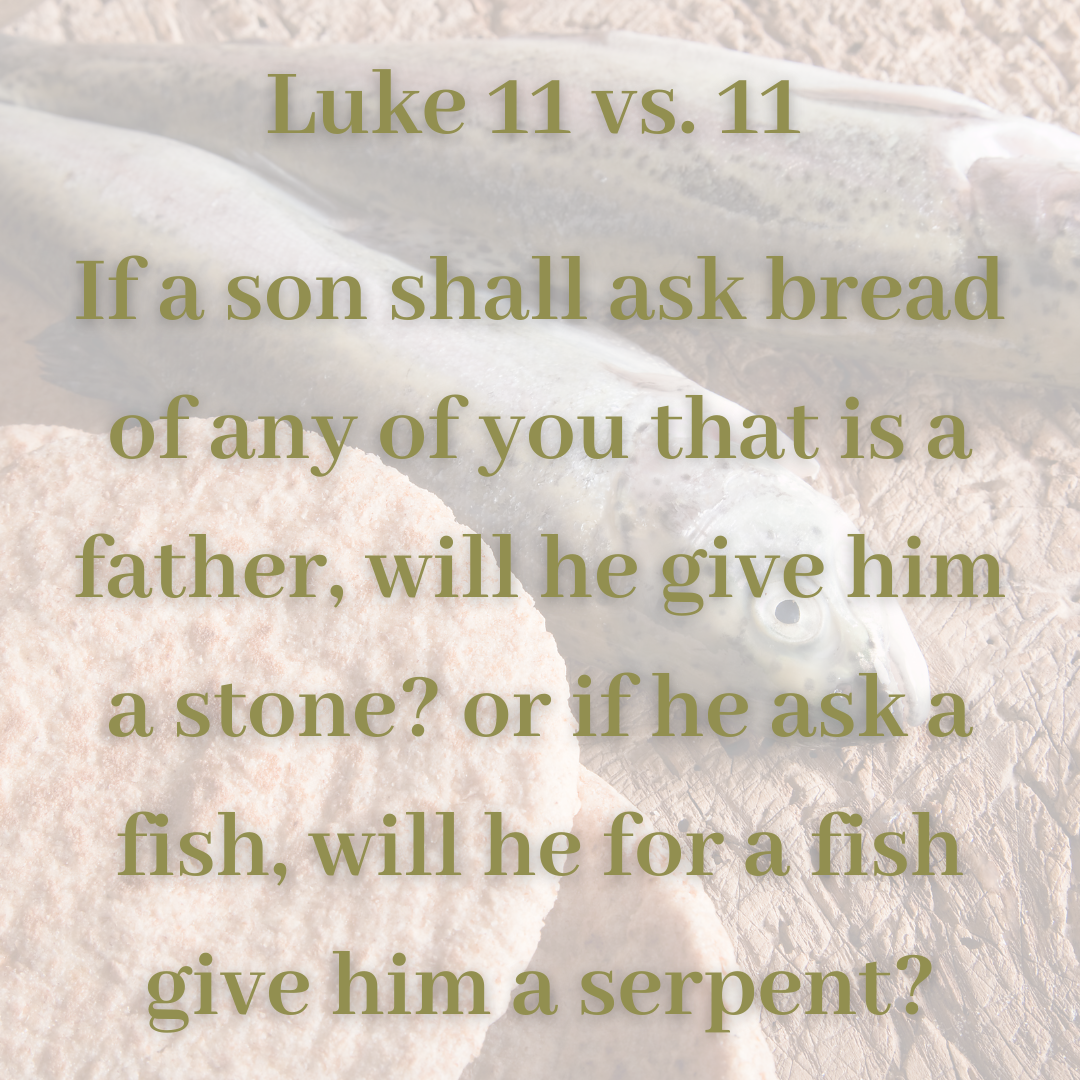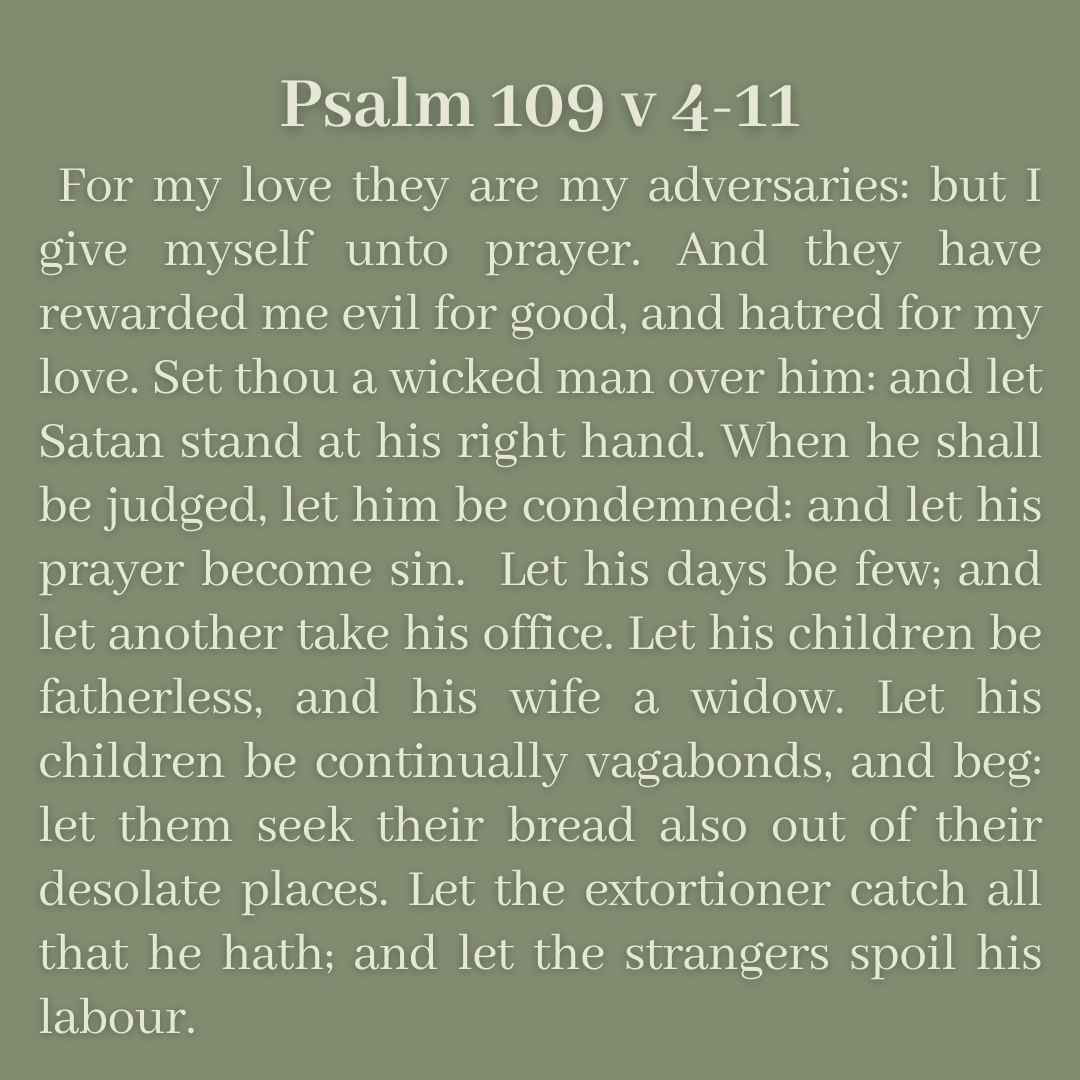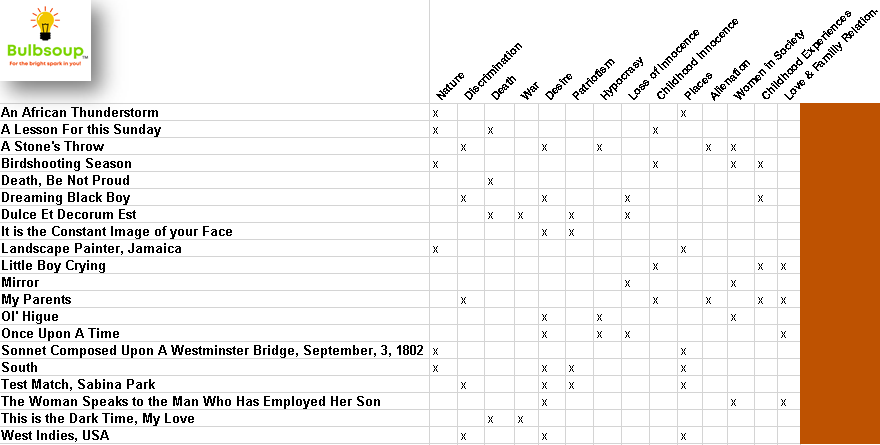Sentry Page Protection
THE WOMAN SPEAKS TO THE MAN WHO HAS EMPLOYED HER SON
|
|
Lorna Goodison is a Jamaican poet, essayist, and memoirist, a leading West Indian writer, whose career spans four decades. She is now a Professor Emerita, of English Language and Literature/Afro-American and African Studies at the University of Michigan. (more)
|
LITERAL MEANING
The persona in this poem is telling the story of a mother who loved her son. The mother became aware of the child's presence when she experienced morning sickness. She placed all her hopes in the child and raised him as a single parent because his father (www.bulbsoup.com) was indifferent to the child's existence. The mother had set no barriers on what the child could become but was told that he has an employer who values him so much that he is given his own submarine gun. The son tells his mother that his employer is like a father to him, but the mother wonders at the father figure who purposefully endangers his child. She prepares for her son's death by going downtown to buy funeral apparel. The mother feels powerless, so she prays for her child and says protective psalms for him. On the other hand, she reads psalms of retribution for the employer and weeps for her son. Her situation does not look good and is likened to a partner system in which she draws both the first and the last hand.
The persona in this poem is telling the story of a mother who loved her son. The mother became aware of the child's presence when she experienced morning sickness. She placed all her hopes in the child and raised him as a single parent because his father (www.bulbsoup.com) was indifferent to the child's existence. The mother had set no barriers on what the child could become but was told that he has an employer who values him so much that he is given his own submarine gun. The son tells his mother that his employer is like a father to him, but the mother wonders at the father figure who purposefully endangers his child. She prepares for her son's death by going downtown to buy funeral apparel. The mother feels powerless, so she prays for her child and says protective psalms for him. On the other hand, she reads psalms of retribution for the employer and weeps for her son. Her situation does not look good and is likened to a partner system in which she draws both the first and the last hand.
|
Her son was first known to her
as a sense of unease, 5. a need to cry for little reasons and a metallic tide rising in her mouth each morning. 5 Such signs made her know that she was not alone in her body. She carried him 6. full term 7. tight up under her heart. 1. She carried him like the poor 10 carry hope, hope you get a break or a visa, hope one child go through and remember you. He had no father. The man she made him with had more like him, 2. he was fair-minded 15 he treated all his children with equal and unbiased indifference. She raised him twice, once as mother then as father, 8. set no ceiling on what he could be doctor 20 earth healer, pilot take wings. But now he tells her is working for you, 3. that you value him so much you give him one whole submachine gun for him alone. 25 He says 1. you are like a father to him she is wondering what kind of father would 4. give a son hot and exploding death, when he asks him for bread. She went downtown and bought three 30 and one-third yard of black cloth and a deep crowned and veiled hat for the day he draw 9. his bloody salary. She has no power over you and this at 10. the level of earth, what she has 35 are prayers and a mother's tears and at 11. knee city she uses them. 4. She says psalms for him she reads psalms for you she weeps for his soul 40 her 12. eyewater covers you. She is throwing a 13. partner with 4. Judas Iscariot's mother the thief on the left hand side of the cross, his mother is the 14. banker, 15. her draw though 45 is first and last for she still throwing two hands as mother and father. She is prepared, she is done.4. Absalom. Poet: Lorna Goodison |
LITERARY DEVICES
1. SIMILE
|
IMPORTANT WORDS/ PHRASES
5. 'a need to cry for little reasons and a metallic tide rising in her mouth each morning.' (Stanza 1, lines 2-4)
These two symptoms are early signs of pregnancy. The metallic tide refers to vomiting. These signs usually occur in the first trimester of pregnancy.
6. 'full term' (Stanza 1, line 7)
This means that the mother carried her son for the full nine months that a pregnancy should last.
7. 'tight up under her heart' (Stanza 1, line 8)
This hints at the love that the mother harbours for her child. He was not simply 'close to her heart', but 'tight up' under it. It implies that the son holds a special place in her heart.
8. 'set no ceiling' (Stanza 3, line 18)
A ceiling is something that blocks you in, you cannot get past it. The mother set no limits on her son, he could be anything he wanted to be.
9. 'his bloody salary' (Stanza 4, line 33)
This implies that the mother believes that the result of the son's 'job' will be death.
10. 'the level of earth' (Stanza 5, line 35)
The mother has no power to change her son's situation. Earth is used to emphasize her powerlessness on this level, the realm of 'reality'.
11. 'knee city' (Stanza 5, line 36)
This refers to the fact that the mother constantly prayed for her child.
12. 'eye water covers you' (Stanza 5, line 40)
This implies that the mother cried constantly for the plight of her son. The fact that it 'covers him' speaks to the high quantity of tears that were shed.
13. 'partner' (Stanza 6, line 41)
This is an informal saving scheme set up with a specific number of individuals for the duration of a specific period. Each person agrees to pay a designated figure monthly. The 'draws' are decided, meaning who gets the money first, second, third, etc, every month. The banker then collects the money and gives the monthly pool to the person who is to receive their 'draw'. Therefore, a 'partnership' is dependent upon the honesty of the banker, who could abscond with the money, as well as the honesty of the members of the savings scheme, who could decide NOT to pay after they have received their draw.
14. 'banker' (Stanza 6, line 44)
The banker, or financial controller, of this partnership, is the mother of a thief. This does not bode well for the mother if the thief on the cross learned it from his mother.
15. 'her draw though is first and last for she still throwing two hands as mother and father'. (Stanza 6, lines 44-46)
This statement implies that though the mother has the advantage of first 'draw' as mother, she loses that advantage because she also has the role of father. Mothers cannot father sons. The fact (www.bulbsoup.com) that the son has found a father figure proves this to be true. Therefore, she has the last draw, which carries with it the disadvantage of not receiving a full 'draw'. The longer one waits for a draw the more likely that dishonesty will come into play on the part of the participants.
5. 'a need to cry for little reasons and a metallic tide rising in her mouth each morning.' (Stanza 1, lines 2-4)
These two symptoms are early signs of pregnancy. The metallic tide refers to vomiting. These signs usually occur in the first trimester of pregnancy.
6. 'full term' (Stanza 1, line 7)
This means that the mother carried her son for the full nine months that a pregnancy should last.
7. 'tight up under her heart' (Stanza 1, line 8)
This hints at the love that the mother harbours for her child. He was not simply 'close to her heart', but 'tight up' under it. It implies that the son holds a special place in her heart.
8. 'set no ceiling' (Stanza 3, line 18)
A ceiling is something that blocks you in, you cannot get past it. The mother set no limits on her son, he could be anything he wanted to be.
9. 'his bloody salary' (Stanza 4, line 33)
This implies that the mother believes that the result of the son's 'job' will be death.
10. 'the level of earth' (Stanza 5, line 35)
The mother has no power to change her son's situation. Earth is used to emphasize her powerlessness on this level, the realm of 'reality'.
11. 'knee city' (Stanza 5, line 36)
This refers to the fact that the mother constantly prayed for her child.
12. 'eye water covers you' (Stanza 5, line 40)
This implies that the mother cried constantly for the plight of her son. The fact that it 'covers him' speaks to the high quantity of tears that were shed.
13. 'partner' (Stanza 6, line 41)
This is an informal saving scheme set up with a specific number of individuals for the duration of a specific period. Each person agrees to pay a designated figure monthly. The 'draws' are decided, meaning who gets the money first, second, third, etc, every month. The banker then collects the money and gives the monthly pool to the person who is to receive their 'draw'. Therefore, a 'partnership' is dependent upon the honesty of the banker, who could abscond with the money, as well as the honesty of the members of the savings scheme, who could decide NOT to pay after they have received their draw.
14. 'banker' (Stanza 6, line 44)
The banker, or financial controller, of this partnership, is the mother of a thief. This does not bode well for the mother if the thief on the cross learned it from his mother.
15. 'her draw though is first and last for she still throwing two hands as mother and father'. (Stanza 6, lines 44-46)
This statement implies that though the mother has the advantage of first 'draw' as mother, she loses that advantage because she also has the role of father. Mothers cannot father sons. The fact (www.bulbsoup.com) that the son has found a father figure proves this to be true. Therefore, she has the last draw, which carries with it the disadvantage of not receiving a full 'draw'. The longer one waits for a draw the more likely that dishonesty will come into play on the part of the participants.
THEMATIC CATEGORY: Desire, Women in Society, Love and Family Relationship
ATMOSPHERE
The mood of the poem is reflective and angry. The persona is thinking about a mother's response to her son's life choices, through her addressing the employer.
The tone of the poem is pragmatic, pessimistic, and angry. The persona is telling the tale as it is, with no positive energy, simply disdain and sarcasm.
The mood of the poem is reflective and angry. The persona is thinking about a mother's response to her son's life choices, through her addressing the employer.
The tone of the poem is pragmatic, pessimistic, and angry. The persona is telling the tale as it is, with no positive energy, simply disdain and sarcasm.
Contributor: Leisa Samuels-Thomas
Goodison, L. 'The Woman Speaks to the Man Who Has Employed Her Son' in A World of Poetry. Edited by Mark McWatt and Hazel Simmonds McDonald. Pearson Education Ltd, 2005
Goodison, L. 'The Woman Speaks to the Man Who Has Employed Her Son' in A World of Poetry. Edited by Mark McWatt and Hazel Simmonds McDonald. Pearson Education Ltd, 2005











